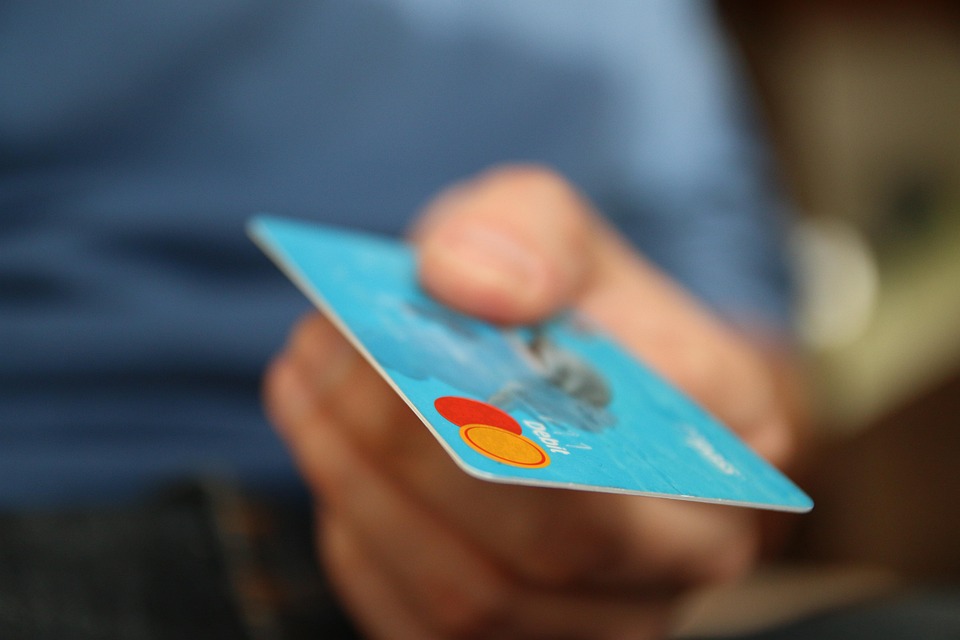Bad Credit and Home Loans: Is Homeownership Still Possible?
Homeownership is often seen as a cornerstone of the American Dream. Owning a home offers stability, a sense of community, and an opportunity for wealth building. However, for many individuals, particularly those with bad credit, the path to homeownership may seem daunting. The good news is that while having bad credit can complicate the home-buying process, it certainly does not make it impossible.
Understanding Bad Credit
Bad credit typically refers to a low credit score, which can result from various factors, including missed payments, high debt levels, or even bankruptcy. Credit scores are crucial as they help lenders assess the risk of lending money to a borrower. A lower score indicates higher risk, leading lenders to either deny loan applications or offer loans with higher interest rates.
Challenges of Bad Credit in Home Buying
Individuals with bad credit may face several challenges when applying for a home loan:
1. **Higher Interest Rates:** Lenders often charge higher interest rates to compensate for the perceived risk of lending to someone with bad credit. This can significantly increase the overall cost of homeownership.
2. **Limited Loan Options:** Many traditional lenders, including banks and credit unions, may be reluctant to work with borrowers who have poor credit. This can limit options for securing a mortgage.
3. **Larger Down Payments:** Some lenders may require a larger down payment to offset the risk of lending to someone with a low credit score, which can be a considerable barrier for prospective homeowners.
Possible Solutions for Homebuyers with Bad Credit
Despite these challenges, there are several avenues that individuals with bad credit can explore to achieve homeownership:
1. **FHA Loans:** The Federal Housing Administration (FHA) offers loans designed for individuals with lower credit scores. These loans typically require a lower down payment and are more forgiving of past credit issues.
2. **VA Loans:** Veterans and active-duty service members may qualify for VA loans, which do not require a down payment and often have more lenient credit requirements.
3. **Alternative Lenders:** Some non-traditional lenders specialize in working with individuals who have bad credit. These lenders may offer more flexible terms, but it’s essential to research and compare rates to ensure you are getting a fair deal.
4. **Co-Signers:** Having a co-signer with good credit can improve your chances of securing a loan. This person agrees to take responsibility for the loan if you default, which can reassure lenders.
5. **Improving Credit Scores:** Before applying for a home loan, consider taking steps to improve your credit score. This can include paying down debts, making timely payments, and disputing any inaccuracies on your credit report.
Preparing for Homeownership
If you’re navigating the home-buying process with bad credit, preparation is key. Here are some steps to consider:
– **Budgeting:** Create a realistic budget that includes all potential homeownership costs, such as mortgage payments, property taxes, insurance, and maintenance.
– **Save for a Down Payment:** Aim to save as much as possible for a down payment, as this can help offset some of the challenges associated with bad credit.
– **Consult a Mortgage Broker:** A knowledgeable mortgage broker can help you explore your options and guide you toward lenders that may be willing to work with you.
Conclusion
While bad credit can present challenges when seeking a home loan, it does not make homeownership unattainable. By understanding your options, improving your credit where possible, and considering alternative lending solutions, you can still realize your dream of owning a home. With careful planning and perseverance, homeownership can remain a viable goal, even for those with bad credit.


